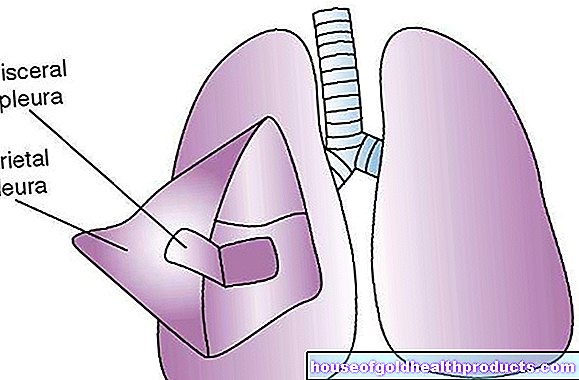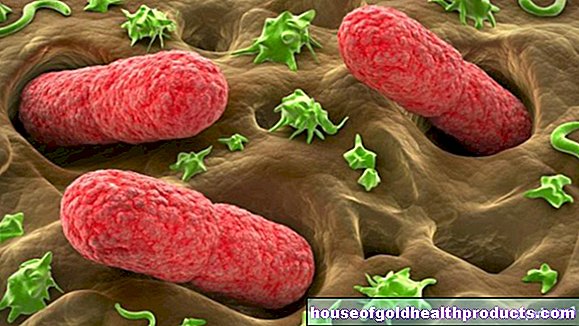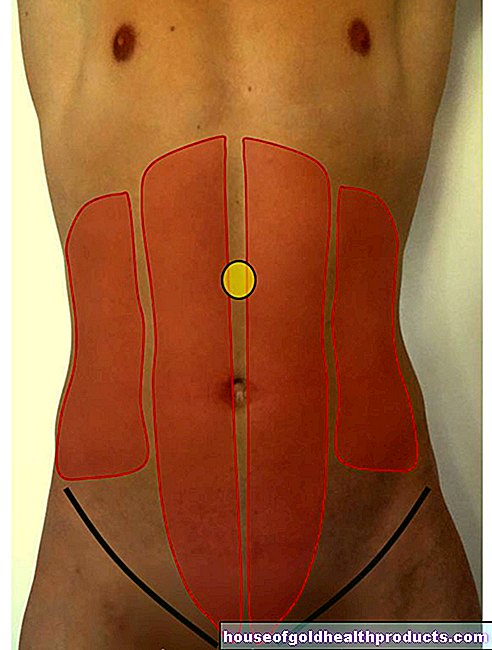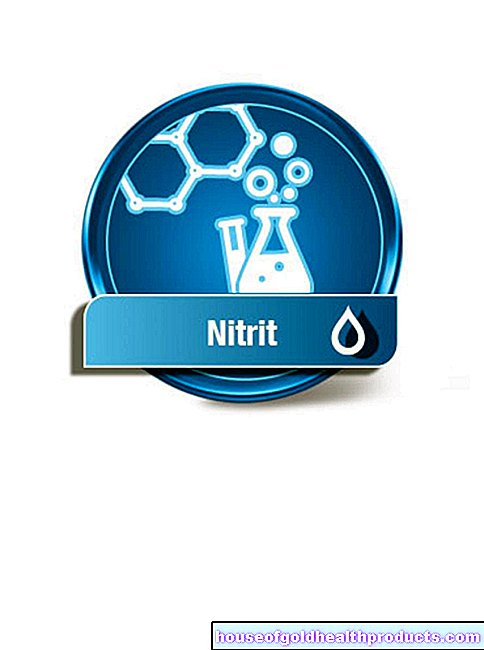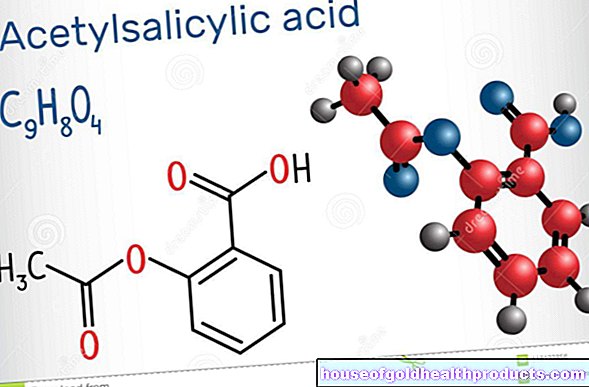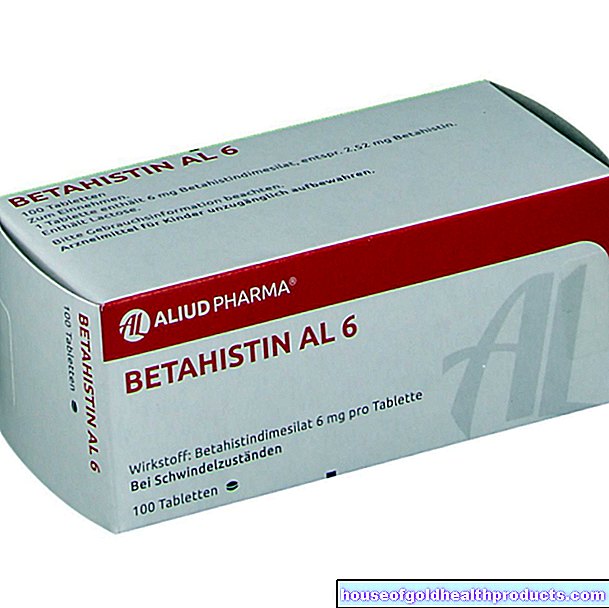How fatty foods promote colon cancer
All content is checked by medical journalists.Roast pork and pizza, fries and croissants: Those who eat particularly high-fat and high-calorie diets not only get fat, they are also more likely to develop various types of tumors - including colon cancer. At least for this form of cancer, there is now an explanation for the connection: The high-fat diet stimulates the production of certain cells in the intestine, which degenerate particularly often.
Stem cells, which are located in the walls of the intestinal tract, play a key role in this process. Intestinal stem cells renew themselves in the body for a lifetime. Their task is to constantly supply the intestinal tissue, which is highly stressed by digestion, with fresh cells. To do this, they continuously produce cells that differentiate into different types of intestinal tissue, but also new intestinal stem cells.
Many divisions, many mutations
Stem cells are particularly interesting for cancer research. They already have one characteristic in common with tumor cells: unlike almost all other cell types, they can divide infinitely often. The many division processes increase the likelihood of mutations considerably. Because every time a cell divides, errors can creep into the genetic code. In the worst case, the cell degenerates malignantly and produces cancer cells from now on.
Usually stem cells are controlled by the surrounding tissue. It signals to them when they should divide more intensely and which cells are needed. These dynamics changed under a high-fat diet, determined researchers working with Ömer Yilmaz from the Massachusetts Institute of Technology based on experiments with mice and in cell cultures.
Changed cell behavior
On the one hand, the fat-fed stem cells suddenly acted independently of the surrounding tissue. And they produced larger amounts of new stem cells than usual. Overall, this increased the presence of intestinal stem cells in the intestinal walls - and for this reason alone the risk of cancer.
To make matters worse, the stem cells produced larger amounts of so-called progenitor cells or precursor cells when they were fed a high-fat diet. In a further step, the various types of intestinal cells develop from them. The progenitor cells have some stem cell-like properties, for example they can divide more frequently than cells that are already specialized. Therefore, they are also good starting materials for intestinal tumors. Due to the high-fat diet, they also lived longer than the usual span of a few days.
"A high-fat diet not only produces more ordinary stem cells, you also have a large population of progenitor cells that also favor the mutations that cause tumors to grow," says Yilmaz.
Poled on fat burning
The reason for the changed behavior of the stem cells and progenitor cells was that high-fat food directs the cell metabolism towards fat burning. The impetus for this is provided by a special sensor with which the cells are equipped: PPAR-delta. At the same time, this switch also activates certain genes that encourage stem cells to divide - and thus the risk of tumors.
For the experiment, the researchers fed mice a diet that contained 60 percent fat for a period of nine to twelve months. That is about twice as much as the German Nutrition Society recommends as a guideline. As a result, the animals not only put on 30 to 50 percent more weight than their normally fed conspecifics, they also developed significantly more intestinal tumors.
Colon cancer and diet
Colon cancer is diagnosed annually in more than 70,000 people in Germany. The proportion of men is slightly higher than that of women. This could also be related to the different eating habits:
- Men often eat more abundantly and are (even) more often overweight than women.
- Men eat twice as much meat, meat products and sausage products as women. Processed meat in particular, but also red meat, seems to increase the risk of colon cancer.
- Men consume more alcohol than women - which also promotes colon cancer.
- Men consume less fiber, which protects against colon cancer, than women.
Source: Semir Beyaz et al .: High-fat diet enhances stemness and tumorigenicity of intestinal progenitors; Nature 531, 53-58 (March 03, 2016) doi: 10.1038 / nature17173
Tags: Diagnosis fitness teeth





